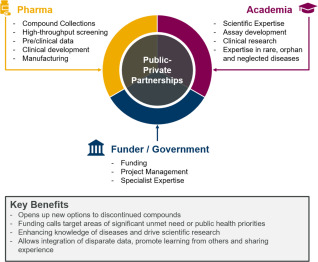The Lancet Planetary Health, Volume 5, June 2021
Temperature affects many life processes, but its effect might be expected to differ among eukaryotic organisms inhabiting similar environments. We reviewed literature on temperature thresholds of humans, livestock, poultry, agricultural crops, and sparse examples of fisheries. We found that preferable and harmful temperatures are similar for humans, cattle, pigs, poultry, fish, and agricultural crops. Preferable temperatures range from 17°C to 24°C. Stress temperature thresholds are lower when humidity is higher.
EClinicalMedicine, Volume 36, June 2021
SLAS Discovery, Volume 26, June 2021
SLAS Discovery, Volume 26, June 2021

